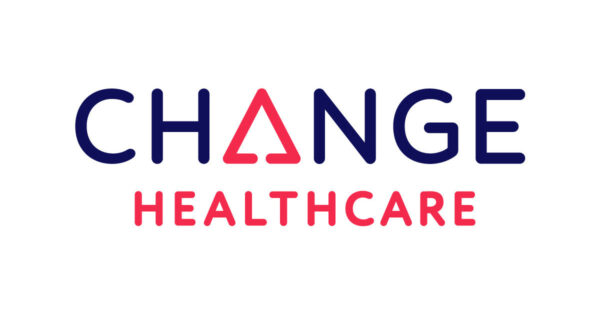Yet another technology startup has relocated and set up shop in Nashville.
Nashville’s latest immigrant, Tiki — a company that helps consumers monetize the use of their personal data through an app — has moved from Boston to a 5,000-square-foot office on Hayes Street in Midtown.
The company’s cofounders, Mike Audi and Shane Faria, have relocated to Nashville while its two other full-time employees continue to work remotely from Ireland and Brazil. One of the reasons Tiki leaders decided to make the move to Nashville was to recruit the tech talent being fostered by Vanderbilt, Belmont and non-traditional boot camp programs, the founders said.
Tiki has plans to hire 25 engineers and interns in 2022, according to Audi.Three weeks before moving to Nashville, the startup raised $400,000 through an equity crowdfunding round.Echoing statements made by other companies leaving established tech cities like San Francisco, Boston and New York, Audi said Nashville’s burgeoning tech ecosystem, a lower cost of living, business-friendly government policies and better tax laws were reasons for relocating.“Mike’s story of why he decided to move Tiki to Nashville speaks to the unique qualities of our tech community,” Greater Nashville Technology Council President Brian Moyer said.
“Nashville offers a creative, collaborative community of techies that are very open and welcoming. It’s a place where you can grow and find success both individually and as a company — and a place where you have the opportunity to make a difference.”The companyPrior to starting Tiki, Audi co-founded and served as the chief technology officer of Bluestream Corporation — a Boston-based Software-as-a-Service company that helps companies use data to promote their products to potential customers — for seven years.
But over the past 24 months, as data privacy concerns heightened among consumers, the former Bluestream co-founder felt the world was finally ready to address long-standing privacy issues. Suffering from what Audi calls a “sort of PTSD from the Cambridge Analytica scandal,” a number of people feared their data would again be used to influence elections, especially as more people turned to technology during the pandemic.“
Data privacy has been a problem for as long as I can remember,” Audi said. “But before you start a company, you have to ask yourself, does the world care about the problem I’m trying to solve?”
One of the most evident examples of public pushback, Audi said, was the mass exodus of users from the online messaging platform WhatsApp. After viral posts claimed that the app’s new privacy policy gave the service the right to read user’s messages and share them with its parent company, Facebook, a major chunk of the platform’s 2 billion users disappeared overnight.The biggest problem, he said, is that consumers don’t own their data. Previously, money drove business decisions, but “data is the new currency.”
“Consumers don’t feel good about companies making billions of dollars off their information,” Audi said.In January 2021, a month after leaving Bluestream and founding Tiki, before Audi and Faria had written any code, developed a prototype or raised any money, the two launched a website to gauge consumer interest and specific concerns. Later that month, the company raised $240,000 from angel investors in its pre-seed funding round and began developing an app.
Six months later, Audi and Faria rolled out the technology for beta testing. Thirty thousand users joined the beta testing and more than 130,000 people are on the waitlist to sign up for TIKI, according to Audi.“Originally, we were hoping to get 1,000 people to beta test the app, but the response has been overwhelmingly positive to say the least,” Audi said.He said, if all goes according to plan, the app will be available to the public by the end of the first quarter of 2022.
How it worksWith Tiki, users can see what data companies are collecting, how it’s used and how secure it is. The app formulates cards — similar to the presentation of Tinder and other dating apps — detailing the information. Then, just like a dating app, users can swipe left or right on the cards to decide who can access their data and for what purpose.
The platform also allows people to monetize their data through the creation of non-fungible tokens, which are digital assets stored on a digital ledger called the blockchain that establish ownership rights.“As it stands, outside of just declaring it, there is no real way to assign ownership to data,” Audi said. “Tiki is changing that by turning your data points into NFTs — and there will be billions of them.”Tiki’s app has created a data marketplace that gives users the ability to license their data in exchange for monetary compensation.“
To open a marketplace of any kind, there needs to be ‘goods’ that are owned by a certain entity (you), which in turn can be sold (to businesses),” Audi added. “This is where NFTs are a natural fit.”









